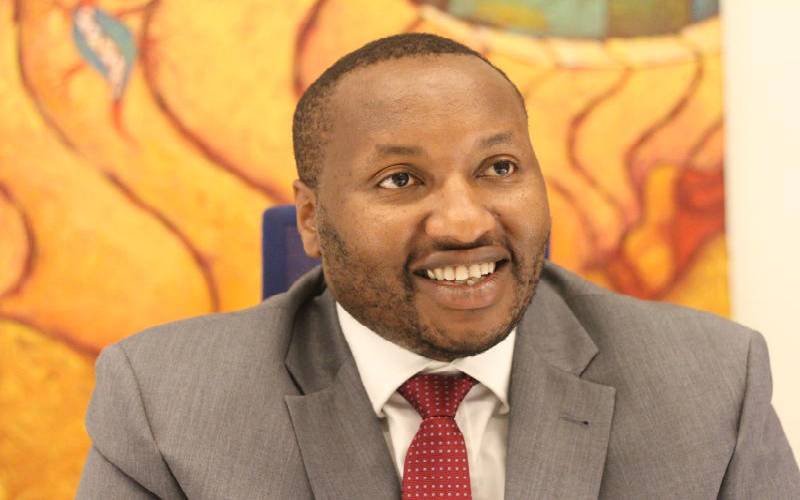×
The Standard e-Paper
Home To Bold Columnists

Ten years ago, TransCentury used to run the show. It was managing mega projects in Kenya and across the region.
It acquired a stake in Civicon, an engineering firm with significant contracts with players in the nascent oil sector.